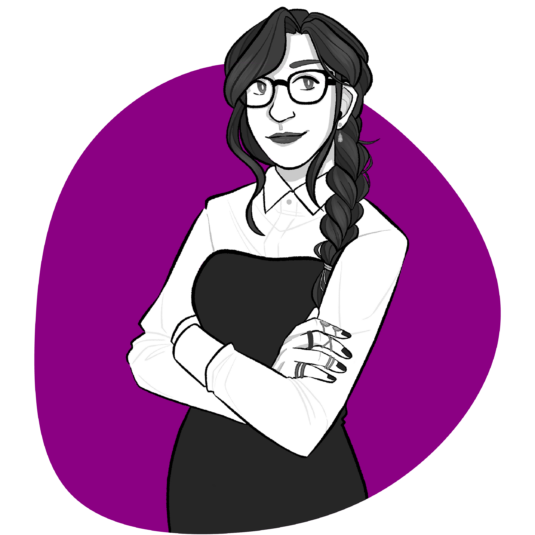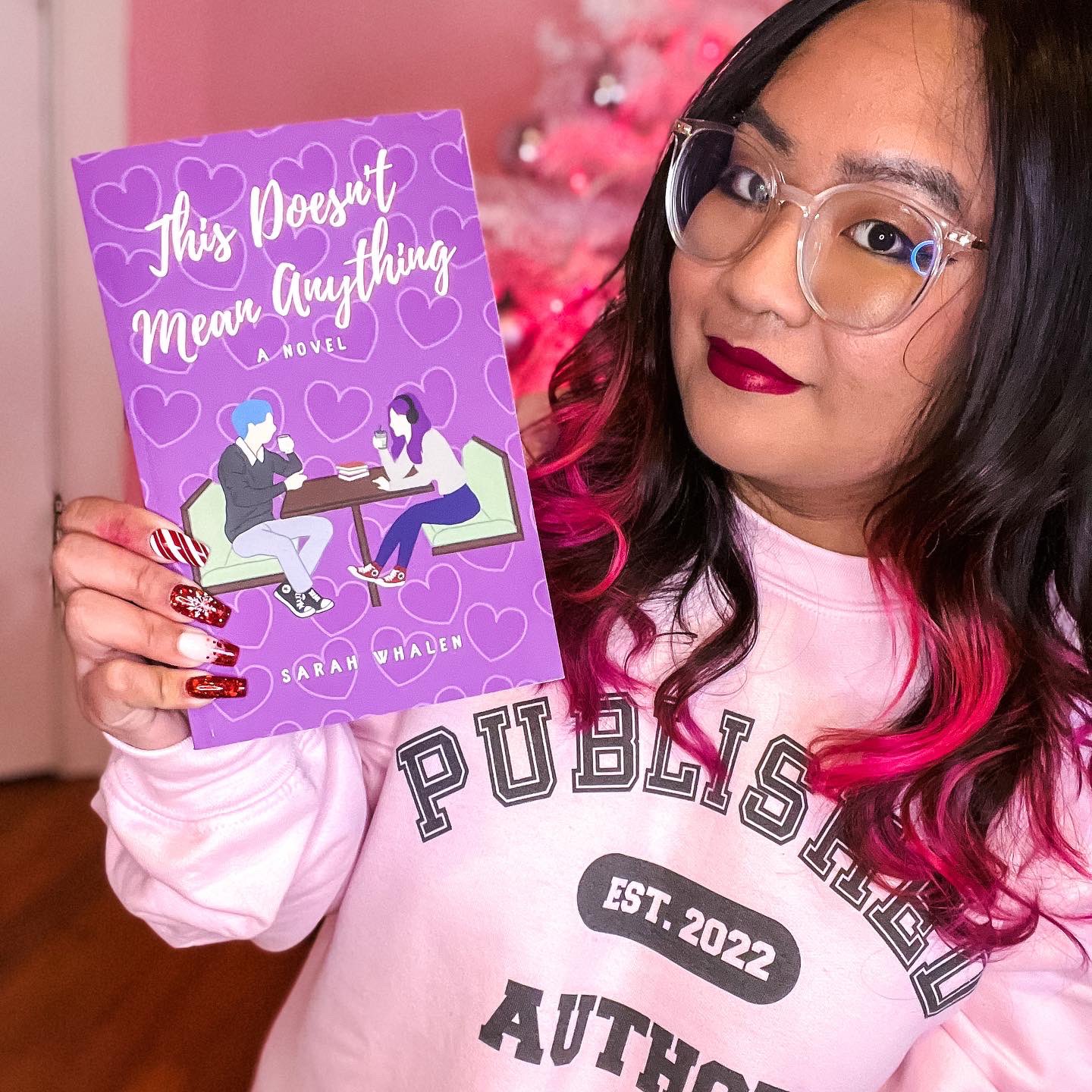
by Jason Kivela | Apr 6, 2023 | Blog
Michele Kirichanskaya is a first-generation Ukrainian Jewish American writer and journalist born and raised in Brooklyn, New York. A graduate of the New School MFA Program and Hunter College, they have written content for platforms such as Geeks OUT, Catapult, Bitch...

by Michele Kirichanskaya | Mar 25, 2023 | Blog
Sarah Whalen is the author of This Doesn’t Mean Anything, the first of four interconnected books in the series. She writes ace-affirming love stories and grumpy girls who learn to let other people in. When she’s not writing or reading, she spends her time journaling...




